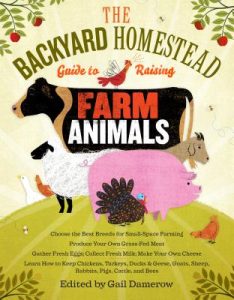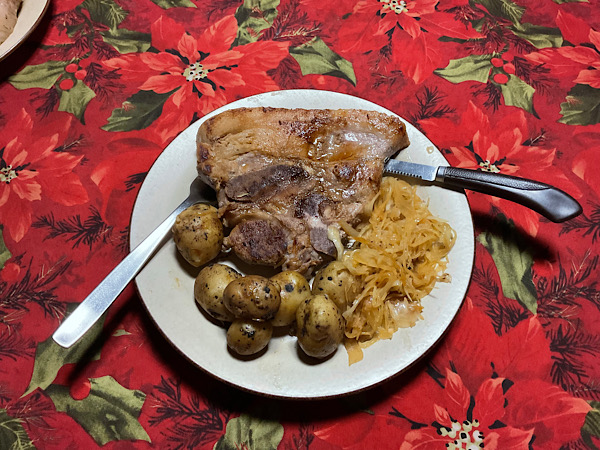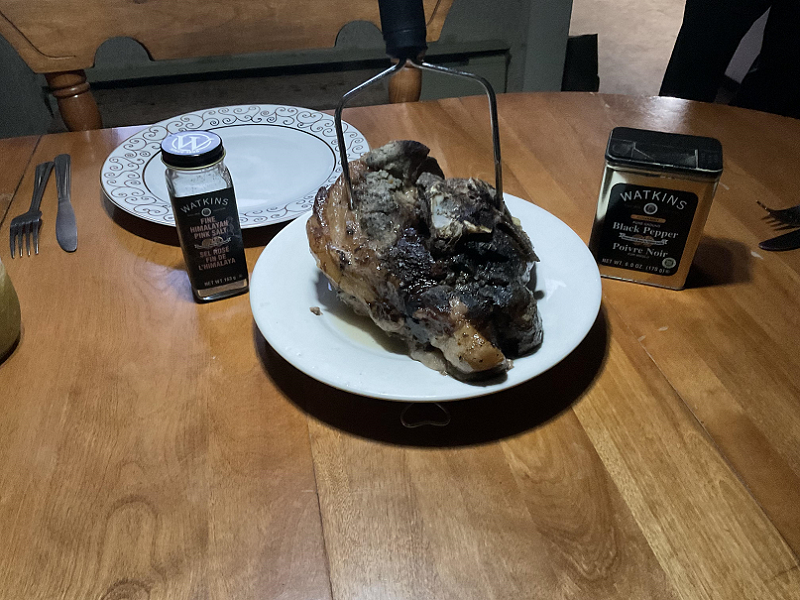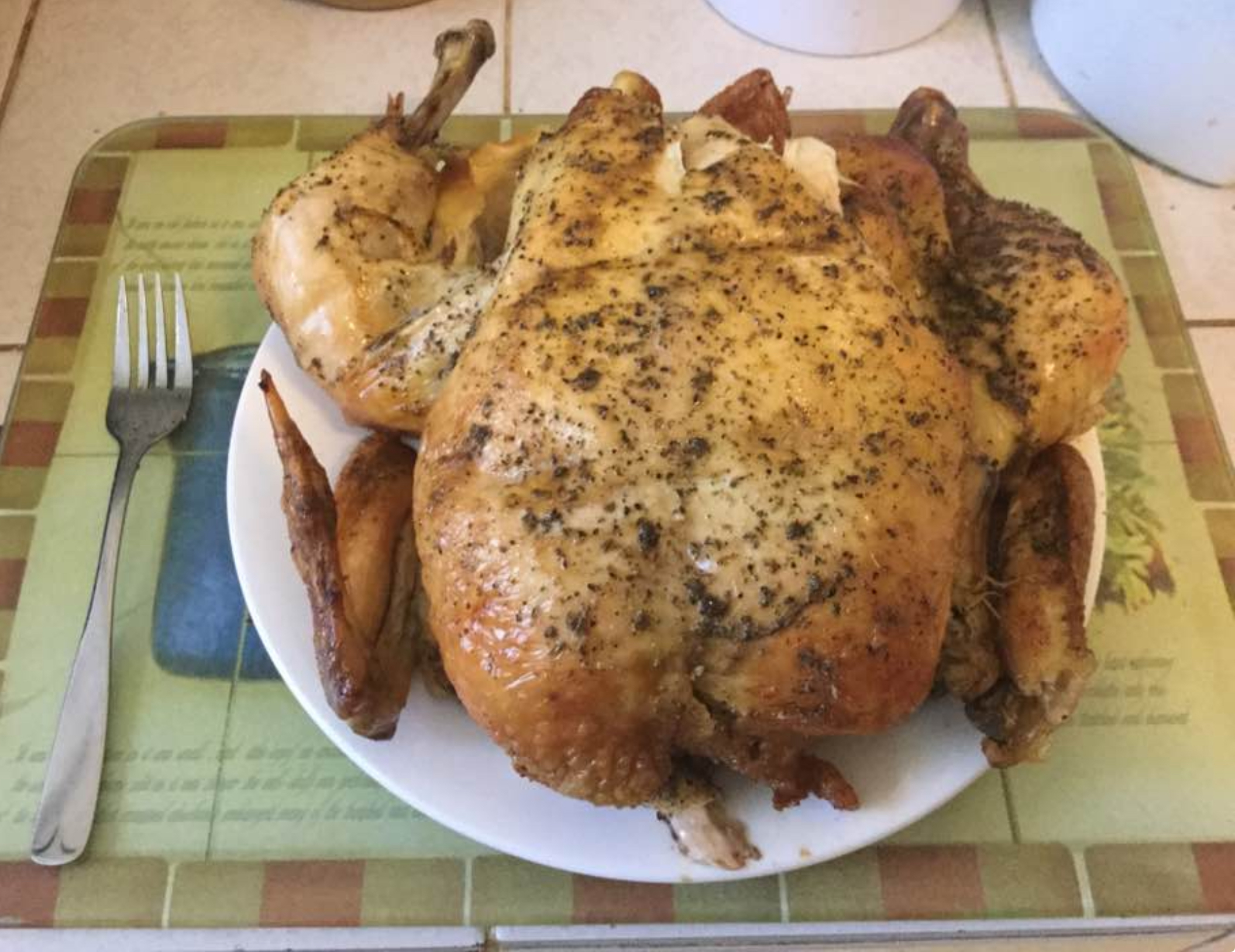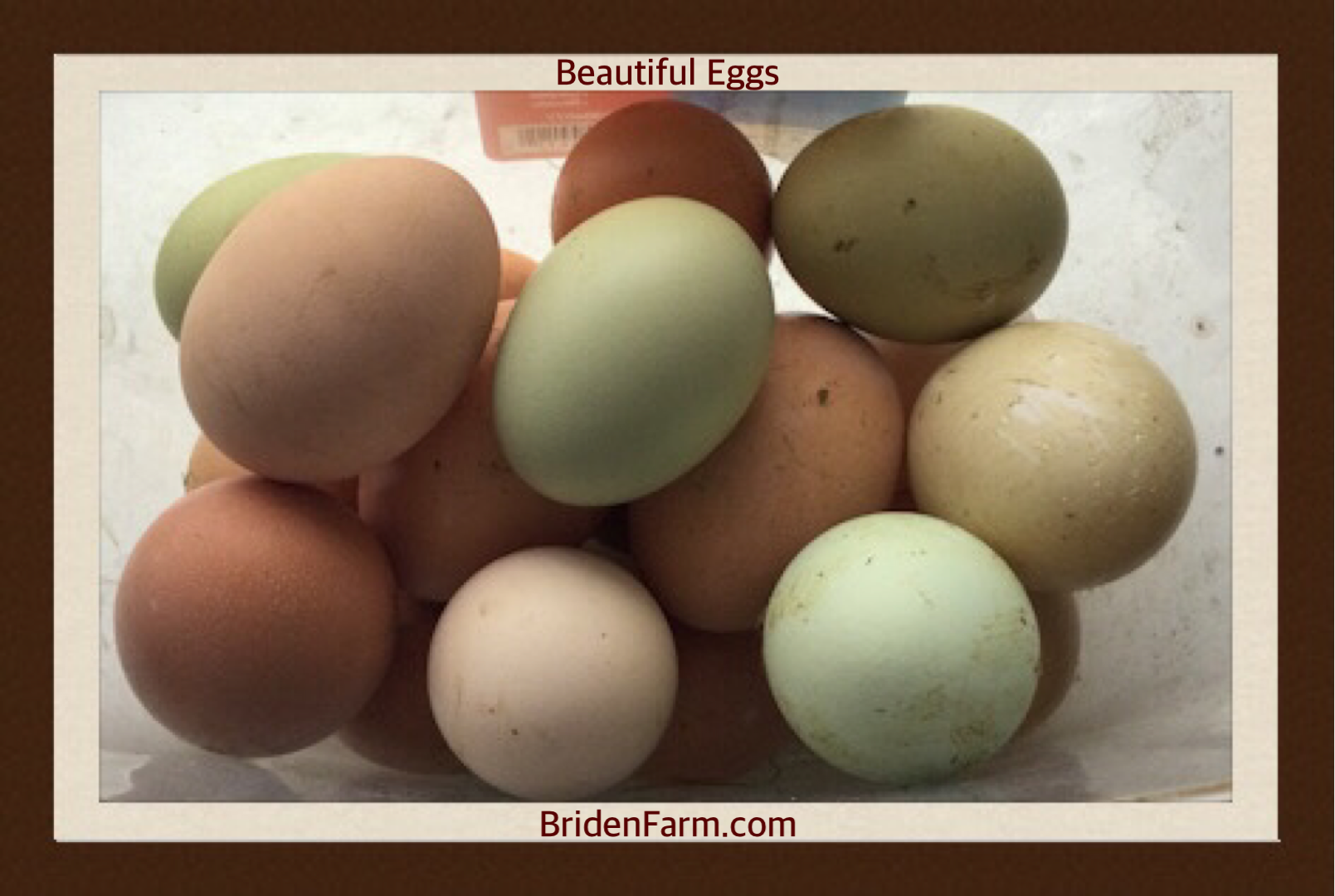
There’s something special about cracking open a farm-fresh egg—the deep golden yolk, the firm whites, and the knowledge that it came from a happy, well-cared-for hen. If you’ve ever had eggs straight from a local farm, backyard coop, or farmers’ market, you know they taste better. But beyond flavour, farm-fresh eggs offer a ton of benefits that make them worth seeking out.
One of the biggest advantages is nutrition. Fresh eggs tend to be richer in vitamins like A, D, and E, as well as omega-3 fatty acids, thanks to the varied diet of free-range chickens. Hens that roam outside eat a mix of grains, bugs, and plants, leading to eggs with a more balanced and nutrient-packed profile compared to their store-bought counterparts. Studies have even shown that pastured eggs can have higher levels of antioxidants, which help fight inflammation and boost overall health.
Then there’s the matter of freshness. Store-bought eggs can be weeks old by the time they hit your fridge, while farm-fresh eggs are often laid just days—or even hours—before you bring them home. This freshness not only enhances the taste but also makes them better for baking, as the proteins hold their structure more effectively, resulting in fluffier cakes, firmer meringues, and richer custards. Plus, because farm eggs don’t go through commercial washing processes that strip away their natural protective coating, they stay fresh longer when stored unwashed at room temperature.
Ethics and sustainability also play a big role. Many small-scale farmers prioritize humane treatment, giving their hens plenty of space to roam, dust bathe, and enjoy a more natural lifestyle. When you buy locally, you’re also supporting sustainable farming practices and reducing the carbon footprint associated with transporting mass-produced eggs across the country. It’s a simple way to contribute to a healthier food system while enjoying a superior product.
Of course, the joy of farm-fresh eggs isn’t just about nutrition or ethics—it’s also about the connection to where your food comes from. Knowing the farmer, seeing the hens pecking in the grass, and cracking open an egg that was laid that very morning makes breakfast feel a little more special. Whether you’re scrambling them, poaching them, or baking with them, farm-fresh eggs bring a richness and depth of flavor that’s hard to beat. So if you haven’t already, give them a try—you might never go back to store-bought again!
